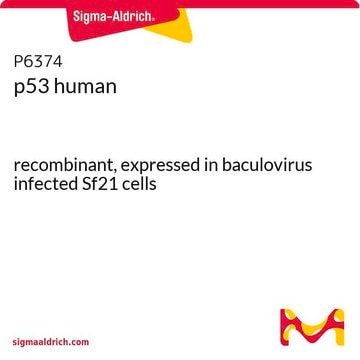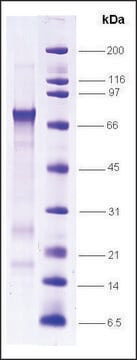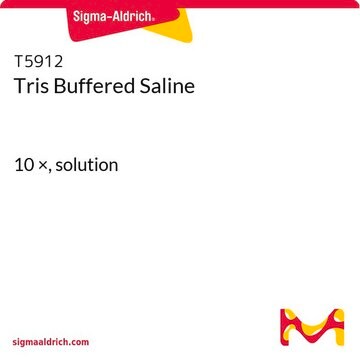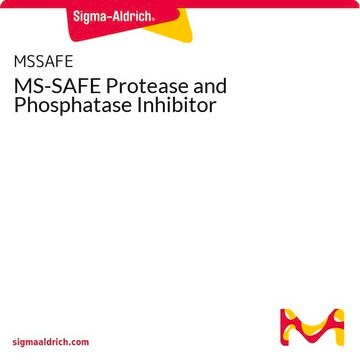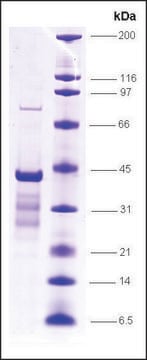P6249
p53 human
recombinant, expressed in E. coli, buffered aqueous glycerol solution
About This Item
Productos recomendados
biological source
human
Quality Level
recombinant
expressed in E. coli
assay
≥90% (SDS-PAGE)
form
buffered aqueous glycerol solution
UniProt accession no.
application(s)
genomic analysis
shipped in
wet ice
storage temp.
−20°C
Gene Information
human ... TP53(7157)
¿Está buscando productos similares? Visita Guía de comparación de productos
General description
Application
Biochem/physiol Actions
Physical properties
Storage Class
10 - Combustible liquids
wgk_germany
WGK 1
flash_point_f
Not applicable
flash_point_c
Not applicable
Certificados de análisis (COA)
Busque Certificados de análisis (COA) introduciendo el número de lote del producto. Los números de lote se encuentran en la etiqueta del producto después de las palabras «Lot» o «Batch»
¿Ya tiene este producto?
Encuentre la documentación para los productos que ha comprado recientemente en la Biblioteca de documentos.
Los clientes también vieron
Nuestro equipo de científicos tiene experiencia en todas las áreas de investigación: Ciencias de la vida, Ciencia de los materiales, Síntesis química, Cromatografía, Analítica y muchas otras.
Póngase en contacto con el Servicio técnico